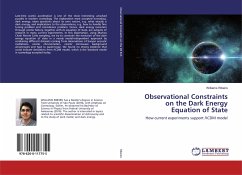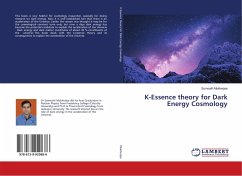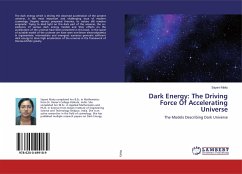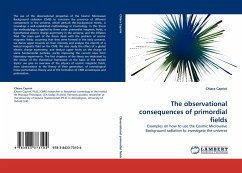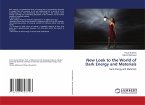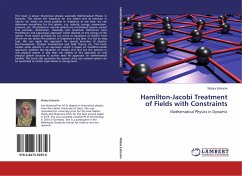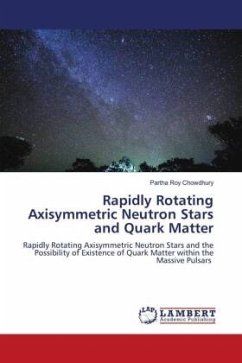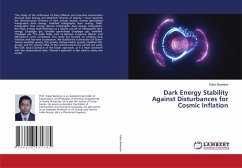Late-time cosmic acceleration is one of the most interesting unsolved puzzles in modern cosmology. The explanation most accepted nowadays, dark energy, raises questions about its own nature, e.g. what exactly is dark energy, and implications to the observations, e.g. how to handle fine tuning problem and coincidence problem. Hence, dark energy evolution through cosmic history, together with its equation of state, are subjects of research in many current experiments. In this dissertation, using Markov Chain Monte Carlo sampling, we try to constrain the evolution of the dark energy equation of state in a nearly model-independent approach by combining different datasets coming from observations of baryon acoustic oscillations, cosmic chronometers, cosmic microwave background anisotropies and type Ia supernovae. We found no strong evidence that could indicate deviations from CDM model, which is the standard model in cosmology accepted today.
Bitte wählen Sie Ihr Anliegen aus.
Rechnungen
Retourenschein anfordern
Bestellstatus
Storno

